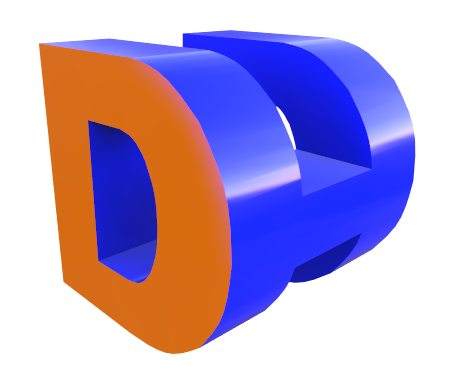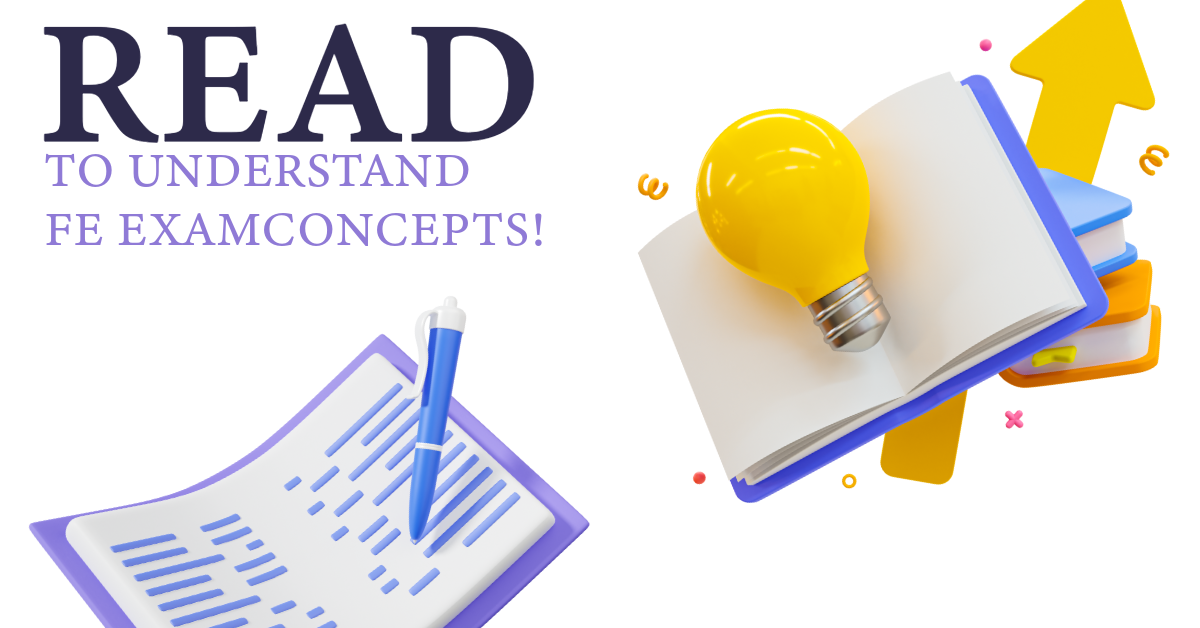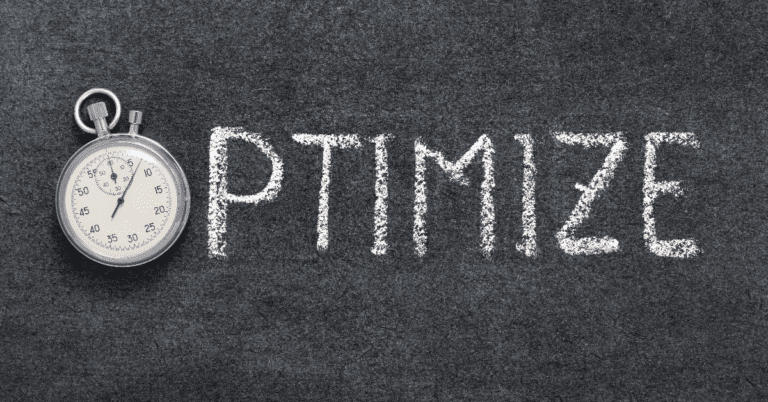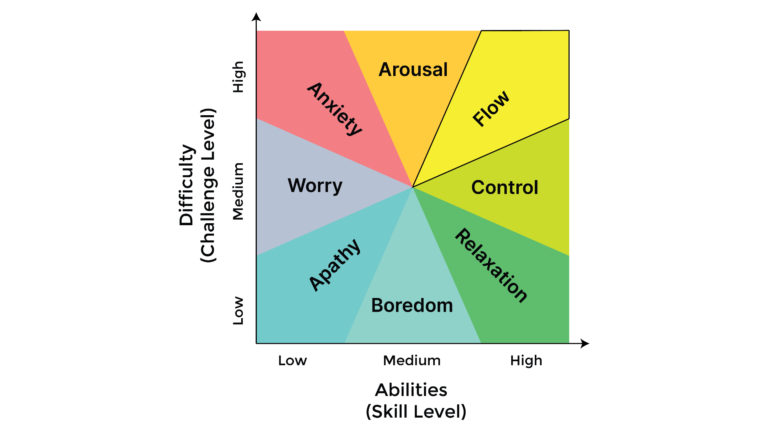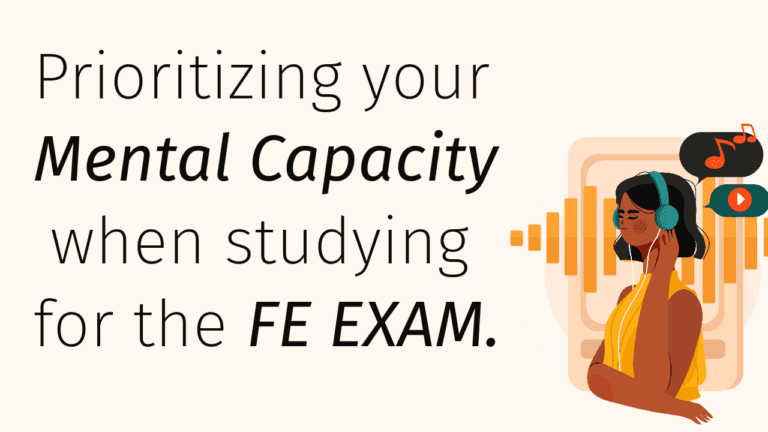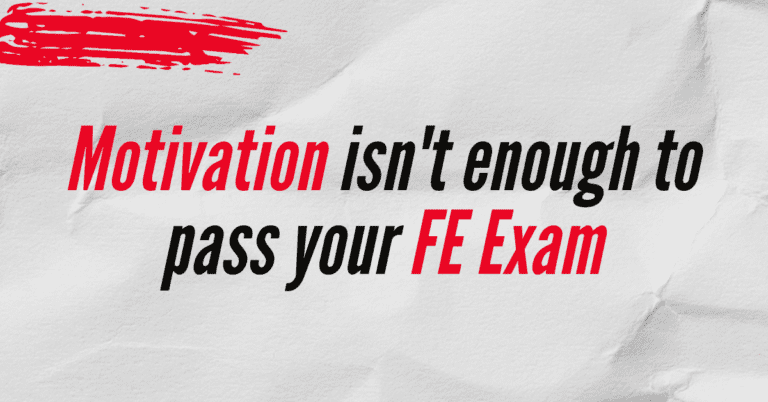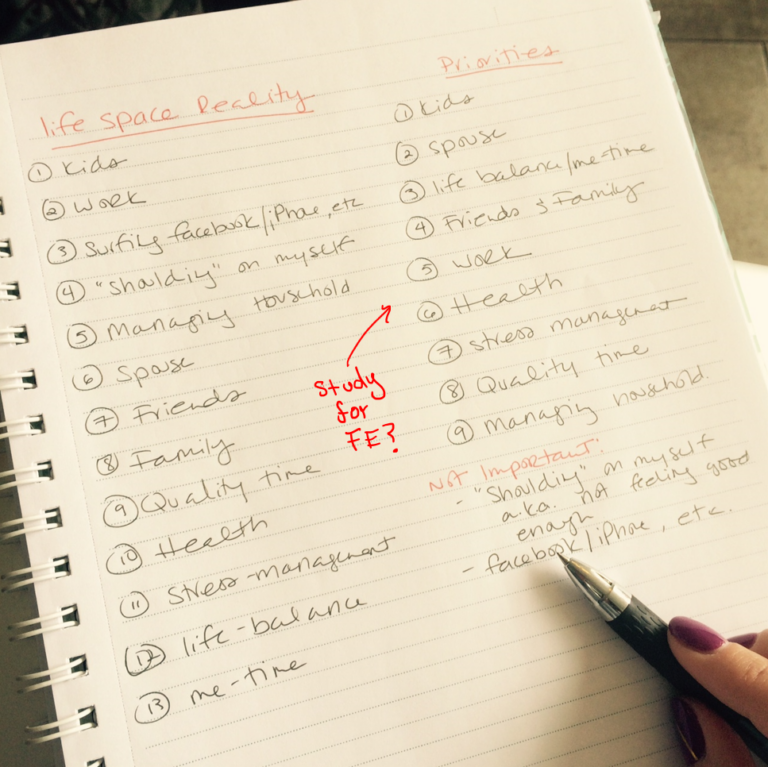Learn FE Exam Concepts by Reading!
You’re probably tired of hearing this. Or maybe not?! The FE exam is becoming more and more conceptual year after year. This means not only do we have to know how to solve problems by using a specific application or formula, but we will also need to conceptually understand the fundamental processes involved when it comes to basic engineering applications.
Sounds vague, right? Because it is! That’s why FE conceptual questions are difficult to prepare for. We are stuck with so many unanswered questions. What concepts are tested? How are concepts tested? How should I prepare for these conceptual questions? Will doing traditional practice problems help in preparing for conceptual questions? And the list goes on.
Firstly, doing practice questions is still the high yield method to prepare for the FE exam. Under the condition that you’re attempting each question on your own, reflecting on where you got stuck, reflecting on what you did right and wrong, and asking questions about other possible scenarios, you are definitely developing your conceptual understanding. If you’re not doing this already, make this your learning goal when attempting that next practice question.
Awesome! You can learn a lot by doing practice questions. But will this prepare you for those conceptual questions that test your knowledge of engineering facts, knowledge of engineering assumptions, knowledge of engineering processes, and knowledge of principles that govern when and how formulas should be applied? Doing traditional practice problems won’t help that much in this area.
Let me propose a simple (still demanding) technique you can employ on top of doing practice questions.
READING
All my students in the direct hub course are expected to actively Read first, then Practice. Concepts in engineering require some thinking to assimilate—not once, twice, but many times. And usually from different viewpoints that can be found in different resources. Most importantly, one has to apply the concepts starting with simple problems to check if one understands them. In essence, reading and practicing are interconnected when it comes to developing a broad conceptual understanding.
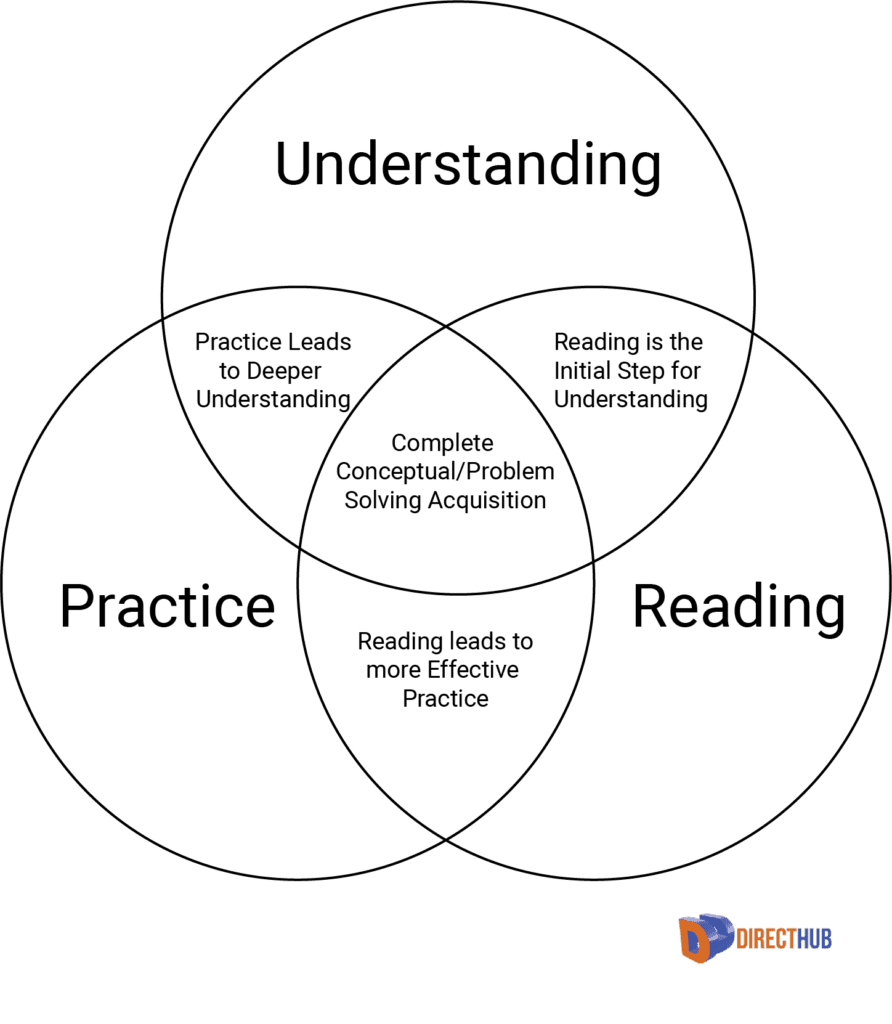
Here are some tips to improve your reading skills:
- There are no short cuts. You won’t magically absorb what you’re reading by reading “fast”, skimming over sentences, or highlighting parts in the text.
- Read for understanding. This involves asking yourself questions. What does this mean? Do I really know how this bit relates to that? How does this relate to what I already know? How can I relate this process to another process? How can I recall this definition at a later stage in my studies? You are using reflection to increase your understanding of what you read.
- Make sure you understand what you are reading. Reduce your reading speed for difficult passages. Stop and reread parts that are not clear.
- The more you read, the better you’ll get at it, particularly if English is not your first language. If you have difficulty understanding a text, look up difficult words by doing a quick Google search. If the meaning of a word still confuses you, leave it and read on. Perhaps after more reading you will find it more accessible and the meaning will become clear.
- You have to figure out what works for you to achieve the best comprehension. When it comes to traditional textbooks, most people don’t just read them cover to cover. They are not meant to be read that way. They’re meant to be worked through. The FE exam resource you use should engage you with exercises, making notes, and thinking about how to apply the concepts to other scenarios tested through a lot of practice problems.
- Read with a purpose in mind. Something like “learn statics” is too broad. Figure out which FE exam topic you want to cover. Break it down into manageable chunks. How much reflective reading can you accomplish in a one-hour study time block?
- While reading, take a pause to examine the practice examples and illustrations in the reading material. This can further your understanding and be good cues for memory. Look for important details (FE Handbook equation assumptions, FE Handbook equation application, key definitions, or illustrations of processes).
- Consider your reading environment. Limit most distractions around you. Turn your phone off. Find a quiet place where you can concentrate.
- Take plenty of breaks. Reading purposefully is a cognitively demanding task. Don’t expect to sit down for 3 hours of reading from the start. Ease into it and take breaks when your attention span begins to drop.

